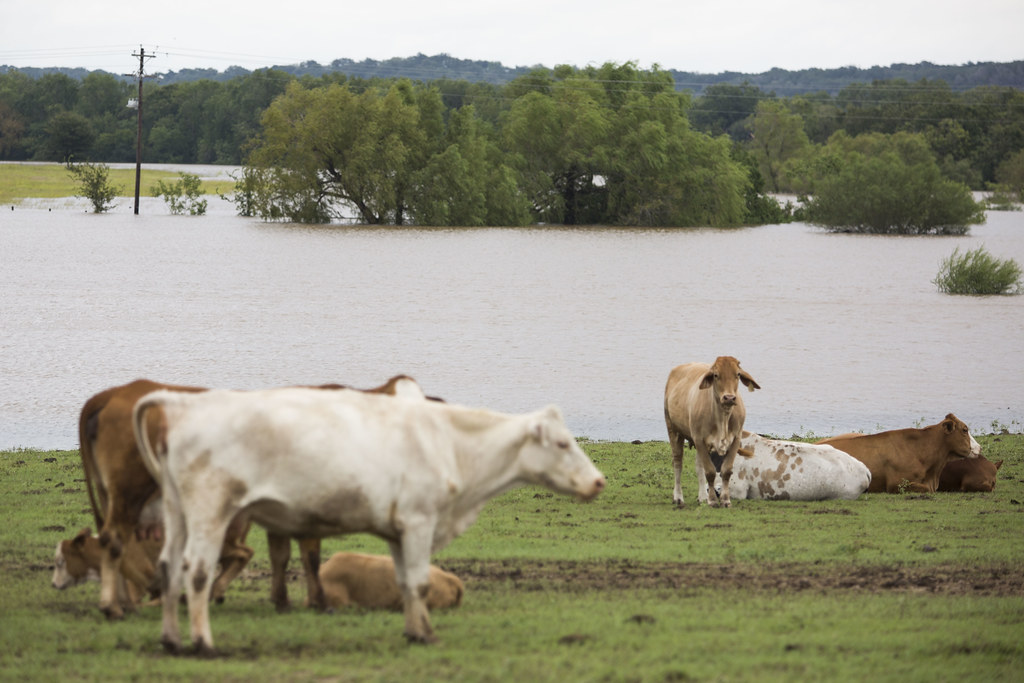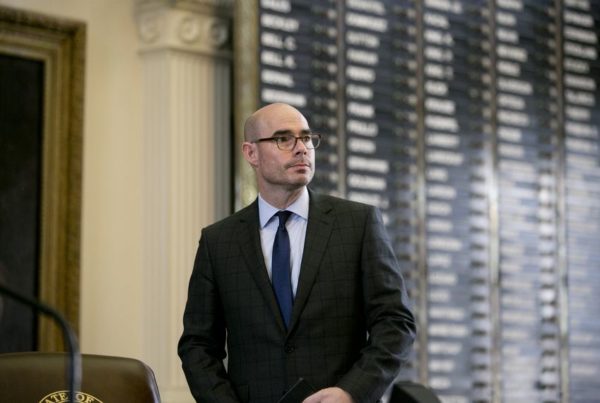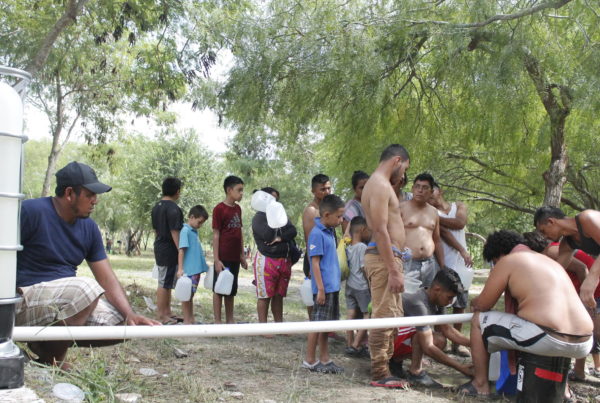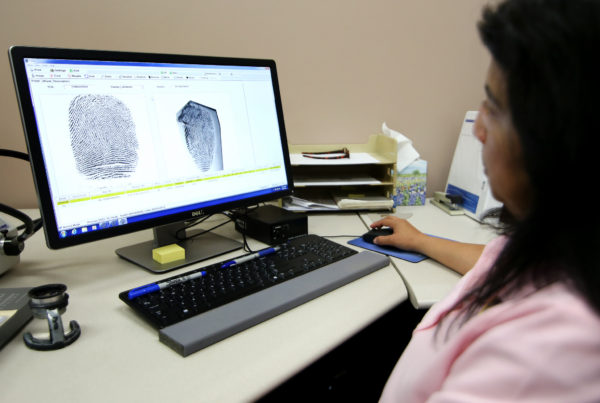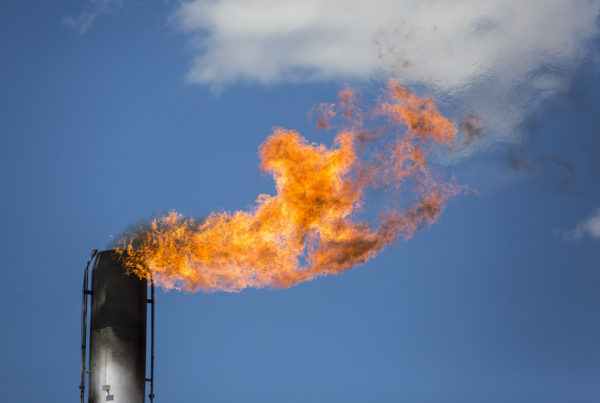Some cattle are bred specifically for their horns. But when it comes to dairy cows, horns are a nuisance; dairy operators tend to remove their cattle’s horns so the cows don’t hurt one another. But this process can be painful and time-consuming.
That led researchers at the University of California, Davis to try to find a way around horn removal. They wondered if it was possible to snip out the gene that makes horns grow in the first place.
Alison Van Eenennaam is a professor of animal biotechnology and genomics at UC Davis, and says her team used DNA from cows who don’t grow horns to try to see if they could replicate that characteristic in a horned cow’s DNA.
“So, the Angus cattle that don’t grow horns – we introduce that snippet into the genome of dairy bulls, which normally do grow horns,” Van Eenennaam says. “And as a result, that piece of DNA brings along the characteristic of not growing horns.”
She says the bulls then pass along that hornless DNA trait to their offspring the same way they pass along other traits like eye and hair color.
What you’ll hear in this segment:
– How bulls with horns often bully those without them
– How this technology could be used in ways that pose ethical challenges, but also for good
– What gene editing means for the future of agriculture
Written by Kristen Cabrera.


